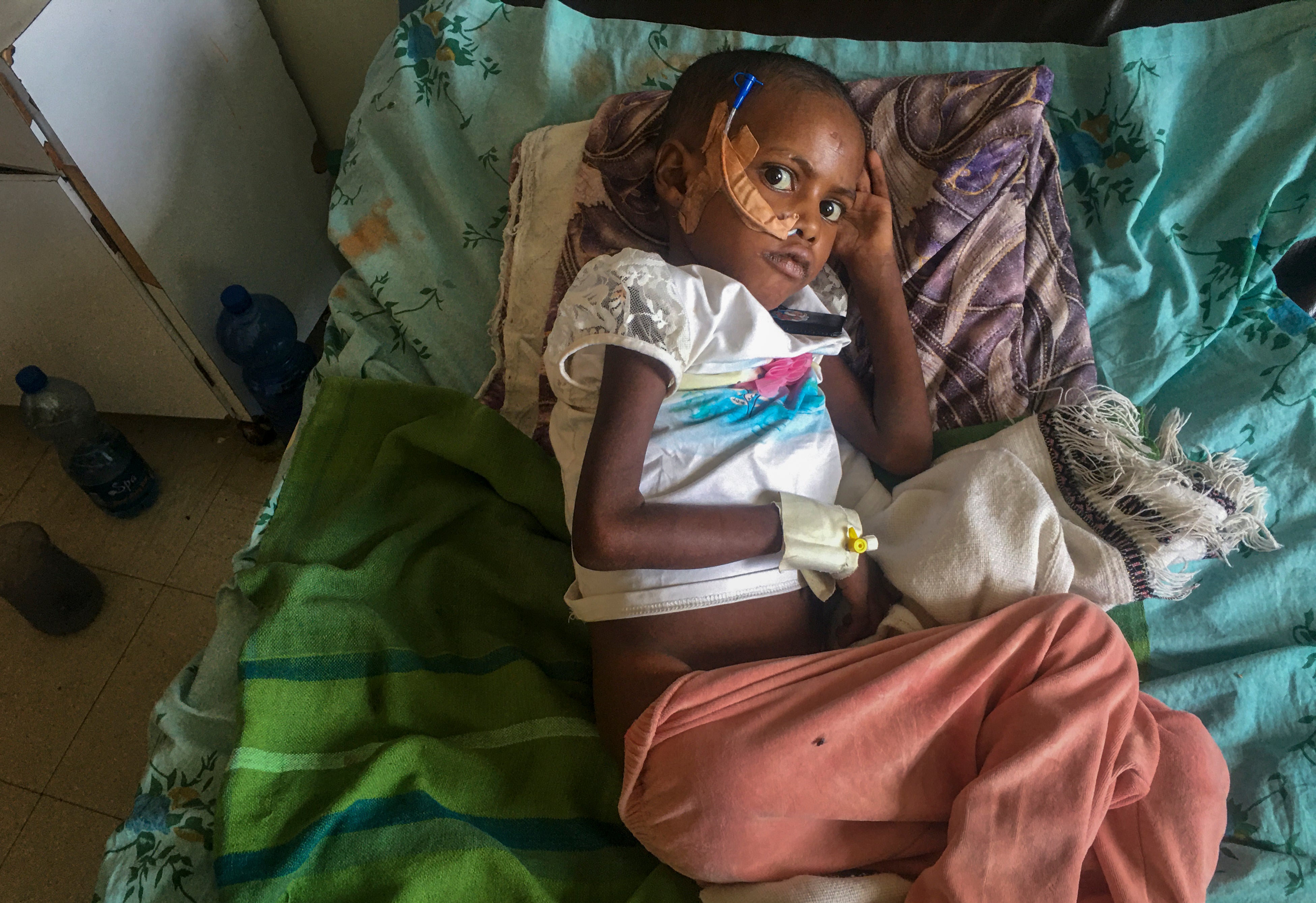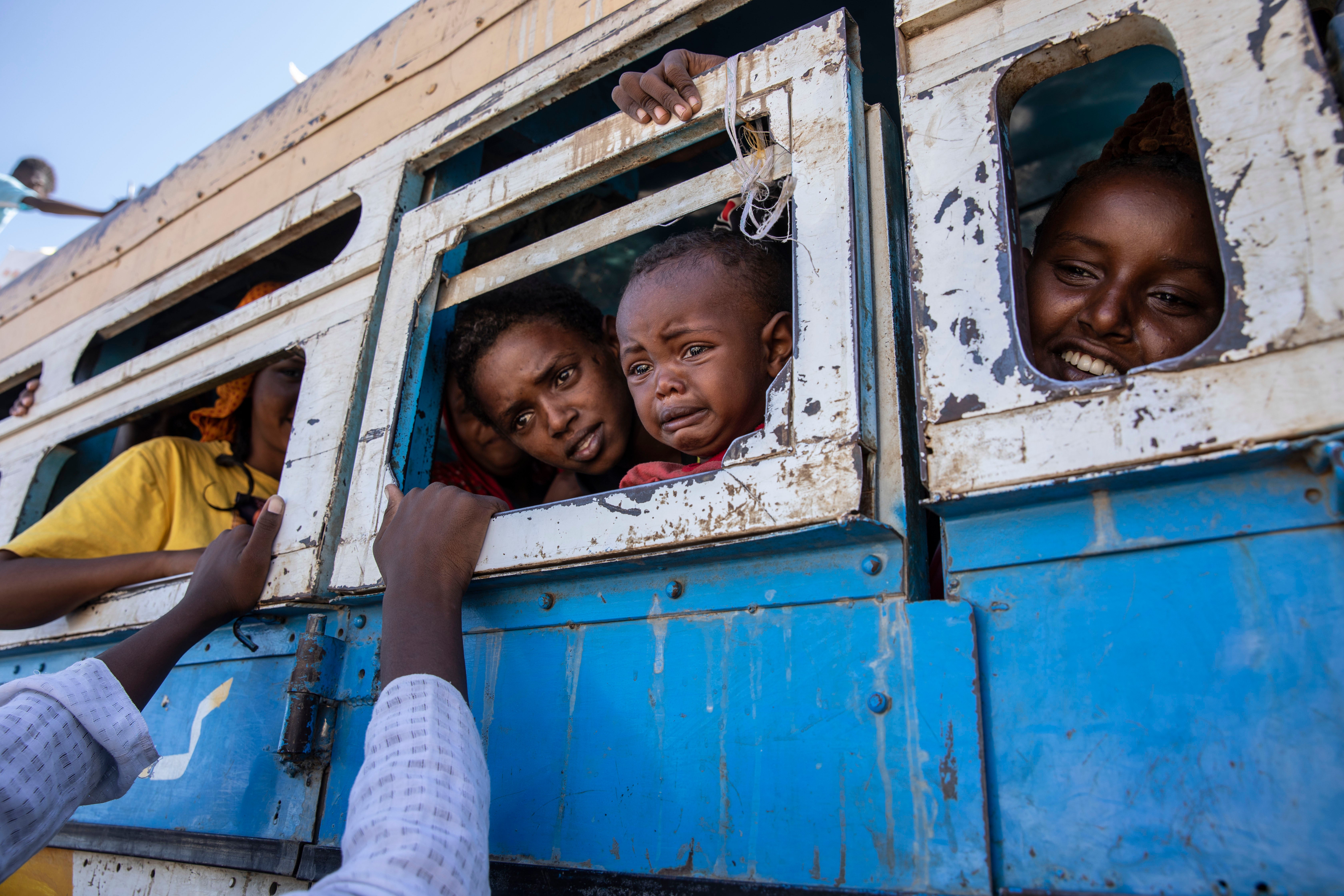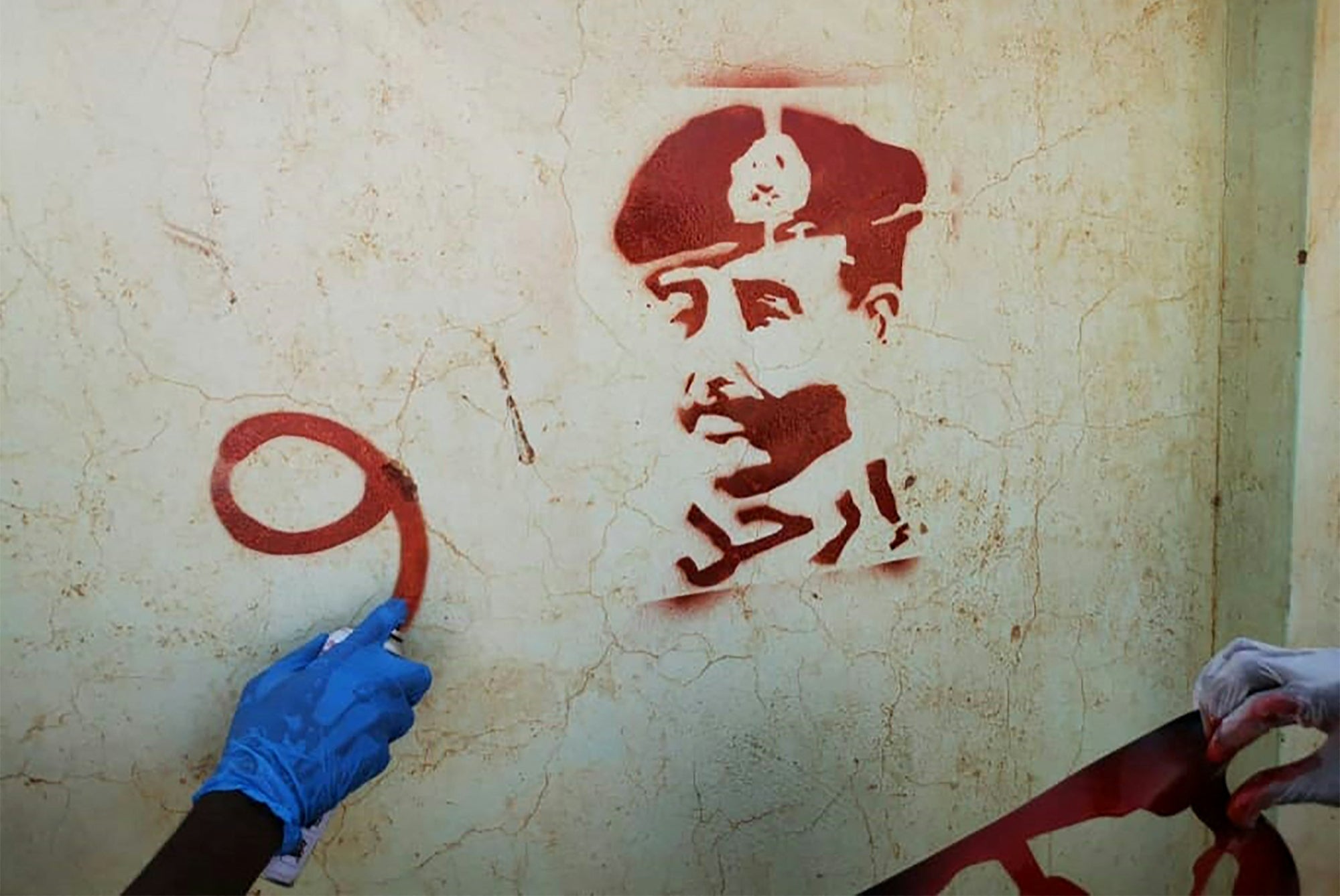Engulfed by crisis after crisis, hope fades in the Horn of Africa
Unfolding disasters in Ethiopia, Tigray, Sudan and Somalia, with dire consequences for millions, have undermined any fragile optimism for the region, reports Borzou Daragahi


Ethiopia is on the verge of full-scale civil war. The confrontation between the authoritarian armed forces and the democratically minded public in Sudan is escalating. Somalia’s extremist al-Shabaab movement is gaining momentum on the ground, once again threatening the government in Mogadishu.
Just months ago, the long-troubled Horn of Africa had settled into a fragile but hopeful period of relative calm, with signs of economic and social progress and hopes for durable political stability. Now, though, much of that has come undone, and a region that has long been associated with violence, displacement and extremism appears on the verge of cataclysm and further economic ruin.
The reasons for the unfolding disaster are many; the consequences are potentially dire.
Though the conflicts are not directly related, they are all driven by common factors, including the ongoing damage of the coronavirus pandemic, which has exacerbated political polarisation and worsened economic desperation in the Horn. Africa experts also describe a reordering of the geopolitical space, following disengagement from the continent by the United States and Europe just as the Horn became a battleground for emerging regional rivalries.
“You’ve got an environment where the world has stopped having a focused effort at trying to manage and resolve the situation, and letting it blunder along,” says Raffaello Pantucci, a researcher at the Royal United Services Institute. “And you’ve got outside powers, like Turkey or Russia, who are coming in and playing a role.”
The most pressing and urgent crisis is in Ethiopia, where the government of Ahmed Abiy is bracing for an offensive by northern Tigray rebels and the allied Oromo Liberation Army.
The target is the capital, Addis Ababa, which covers a metropolitan area of 5 million people and is one of Africa’s most important cities. Addis Ababa is the headquarters of the African Union, a major transport hub for the continent, and the location of many international organisations.
“The US and others are hoping beyond hope that the fighting doesn’t reach Addis Ababa, because the consequences for the country and region and beyond are catastrophic,” says Cameron Hudson, a former CIA analyst focused on Africa, and now a senior fellow at the Atlantic Council, a Washington think tank. “The idea of having street battles playing out is unthinkable.”

Mr Abiy this week declared a six-month state of emergency and called on citizens to protect the capital. His armed forces are accused of killing dozens of people in airstrikes in the country’s northern region – the latest in a series of atrocities, at the hands of both the military and rebel groups, that were documented in a United Nations report.
On Friday, nine anti-Abiy groups were on the verge of declaring an alliance, according to Reuters.
Ethiopia’s crisis, which began a year ago when Mr Abiy launched what was meant to be a quick offensive against Tigray rebels, has also drawn in Eritrea, which is supporting the Addis Ababa government.
The UN has recently warned of an “immense humanitarian crisis” in Ethiopia, with more than 400,000 people facing famine-like conditions.

The situation is accompanied by major upheaval in Sudan, where the armed forces have placed much of the country’s civilian leadership under arrest and imperilled a much-celebrated democratic flowering following a 2019 revolution.
Talks are ongoing between the US and UN and army leader General Abdel Fattah al-Burhan to restore the transitional government, but for now the country’s deposed prime minister Abdalla Hamdok remains under house arrest, despite military assurances he would be freed.
Further to the east, al-Shabaab, the notorious al-Qaeda-linked militant group that has been menacing the government in Somalia for years, has become emboldened and gathered momentum, seizing control of several areas previously under the control of the authorities.
In both Sudan and Ethiopia, massive political change in recent years has meant delicate periods of transition requiring deft leadership. Omar Bashir, Sudan’s long-time ruler – and alleged war criminal – was toppled in a 2019 coup that followed a popular uprising. In Ethiopia, a wave of people power felled a long-standing dictatorship and brought Mr Abiy to power in 2018.
But neither Mr Abiy nor the clique of generals holding ultimate power in Sudan have shown much interest in forging an inclusive political environment.

“What you’ve had in both countries is dynastic shifts,” says Ahmed Soliman, an Africa specialist at Chatham House. “New political dispensations have emerged. You’ve got very fragile transitions in both countries.”
Mr Hudson, who retired from the CIA in 2012, describes the crisis in the Horn as a delayed reaction to the turning away from Africa by the US that began under President Trump, whose moves gave the green light to both potential autocrats and regional powers seeking to fill the void, including Russia, Turkey, the United Arab Emirates, Saudi Arabia and Egypt.
“The US spent the better part of the four or five years signalling that we were pulling back and making America first,” he says. “Trump questioned the utility of US forces on the continent. He continuously downplayed the value of diplomatic engagement. He didn’t travel to Africa. That withdrawal of American influence, engagement and presence created a power vacuum, and we’re seeing the effects of that.”
Like elsewhere in the world, an overarching western focus on counterterrorism and forging ties with security forces and their leaders has also undermined any attempts at promoting functional, inclusive governance and transparency.
“The forces the west works with on the ground are the ones willing to be quite authoritarian,” says Mr Soliman.
The aftershocks of the crises will make it even more difficult for the region to claw its way back to normality, or anything resembling normality.
There has been a really significant deterioration
Ethiopia’s military expenditure has rocketed, and foreign direct investment continues to falter, despite optimistic signs before the current conflict began. Reconstruction costs will be staggering.
International economic aid packages have been suspended to Sudan, where the civilian leadership that is now largely under detention was making significant inroads with lenders and the international community.
Somalia’s attempts at licensing oil deals, and its efforts to obtain additional aid, have been frustrated by political uncertainty and continuous delays in elections scheduled for earlier this year.
“There has been a really significant deterioration,” says Patrick Heinisch, an Africa and Middle East researcher at Helaba, one of Germany’s largest commercial banks.
“Despite support from the international community, these countries were not able to create a stable economy or sustainable political stability to encourage foreign investment. And that’s disappointing.”
Join our commenting forum
Join thought-provoking conversations, follow other Independent readers and see their replies
Comments





Bookmark popover
Removed from bookmarks